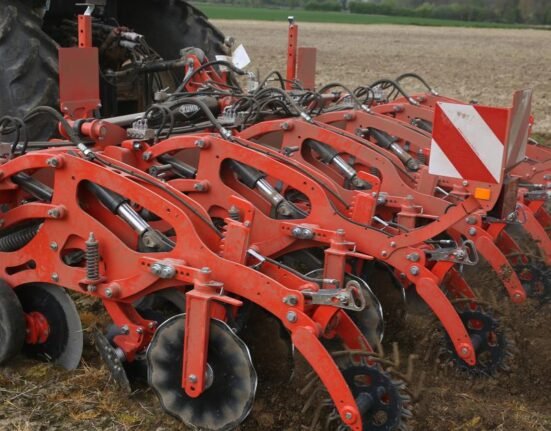Scottish Land & Estates (SLE) has called on ministers to rethink parts of the Bill that give them the power to force land sales to be broken up into lots. SLE warns these powers could disrupt property rights and create serious financial risks for farmers and estate owners.
Sarah-Jane Laing, chief executive of SLE, said: “The lotting provisions within the Bill pose a fundamental threat to property rights and are unworkable. Supporters of these provisions are unable to describe how they could work in practice and are assuming it can all be sorted later. This cannot lead to good legislation.”
SLE is pressing for clearer rules on how lotting decisions will be made, time limits for ministers’ actions, compensation for owners who suffer losses, and recognition of environmental benefits from large-scale land management.
Ms Laing added: “Some amendments being brought forward on lotting powers will make matters worse. We urge the government to accept those amendments that will mitigate the potential damage of these provisions which will cause chaos in the countryside and rural property market.”
Rhianna Montgomery, NFU Scotland legal and technical policy manager, echoed the concerns: “It risks fracturing viable, generational family businesses and overlooks the nuances of land-based industries. Land reform must be about supporting rural communities and sustainable agriculture rather than dismantling businesses that underpin them.”
Ms Laing also warned that forced lotting could jeopardise existing borrowing agreements by disrupting control over property sales. SLE argues the legislation must strike a balance to avoid undermining investment, innovation and sustainability.
“We do not believe the Scottish public see Government Ministers taking on the role of estate agents and interfering in property sales as a priority – particularly if it ends with taxpayers being lumbered with massive compensation payments and stifles investment in rural Scotland,” she said. “There are multiple ways for communities and individuals to acquire land and these lotting provisions are unnecessary.”
However, not all rural voices are opposed. Douglas Bell, managing director of the Scottish Tenant Farmers Association (STFA), said the lotting measures could improve access to land for tenants and crofters.
“As a prerequisite to any lotting process, the Bill contains a requirement for large landholders to notify community groups of their intention to sell and allow time for them to register a community pre-emptive right to buy interest,” Mr Bell said. “STFA strongly believes that tenants and crofters should be included in this notification process to allow them to register pre-emptive rights to buy their farms. This will help tenants who have not previously registered their pre-emptive right and will prevent estates being sold privately without their knowledge.”
He acknowledged potential conflicts between community and tenant interests but said: “If managed sensitively, the process could be used to create small starter/base units which could be let or sold to new entrants, thereby going some way to addressing the lack of land available for new entrants on a secure basis.”
“In recent years we have witnessed large areas of land being sold privately to green investors without first giving local farming families – both tenants and owner-occupiers – an opportunity to buy. The lotting provisions in Part 1 of the Land Reform Bill seek to address this issue by giving local people – tenants, crofters and other occupiers – the opportunity to buy.”
The Bill remains under scrutiny by the Scottish Parliament’s Net Zero, Energy and Transport Committee, as calls continue for amendments to ensure land reform supports both rural communities and a fair property system.








